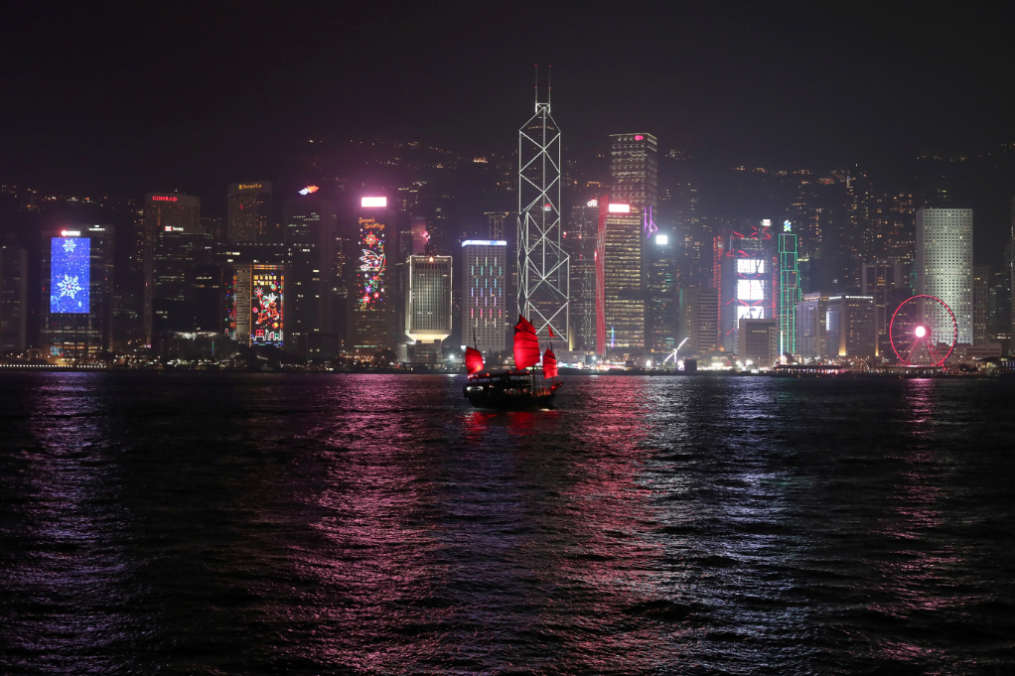What will happen if Hong Kong loses its special status?
How would the revocation of Hong Kong’s special status impact the special administrative region? The China Project lays out the key issues at stake.

How would revocation of Hong Kong’s special status impact billions of dollars in bilateral trade between Hong Kong and the U.S., the livelihoods of 85,000 Americans in Hong Kong, and the more than 1,300 U.S. companies operating there? These are the issues at stake:
Immigration and travel: One of Hong Kong’s selling points is its ease of access. Americans have visa-free travel access to Hong Kong, and business travelers can quickly and easily transit in and out of the city. A reversion to Chinese visa rules could impact that ease of travel and immigration.
Trade: Hong Kong might lose its preferential lower U.S. tariff rate on exports to the U.S., and its zero tariff rate on imported goods from the U.S., impacting $66 billion in annual trade. A revocation of special status could mean higher tariffs, and Hong Kong getting swept up in the trade war between the U.S. and China.
Financial transactions: The U.S. dollar is freely exchanged with the Hong Kong dollar, and that could change if Hong Kong’s special status is revoked. Hong Kong companies investing in the U.S. may also face greater scrutiny.
Technology: Hong Kong has its own export control system, and under the U.S.-Hong Kong Policy Act, the city must ensure sensitive technologies from the U.S. are “protected from improper use or export,” and that they are not moving through Hong Kong to the mainland illegally. If Hong Kong’s special status is revoked, the U.S. could restrict technology from going to Hong Kong without a license, potentially taking away one of Hong Kong’s advantages as a business center over mainland China.
Hong Kong’s special status also encourages and allows for numerous educational and academic exchanges between Hong Kong and the U.S., which could be impacted.
All of the above could change.
On November 27, 2019, the Hong Kong Human Rights and Democracy Act was passed with bipartisan support, requiring the State Department to certify annually that Hong Kong has sufficient autonomy to justify its favorable trade relations with the U.S.
On May 27, 2020, Secretary of State Mike Pompeo said Hong Kong was “no longer autonomous,” putting its “special status” in jeopardy.
Last week, President Trump announced he was moving to revoke Hong Kong’s special status but has not offered a timeline or specifics.





